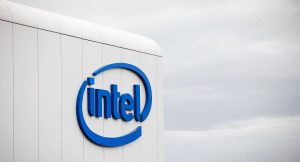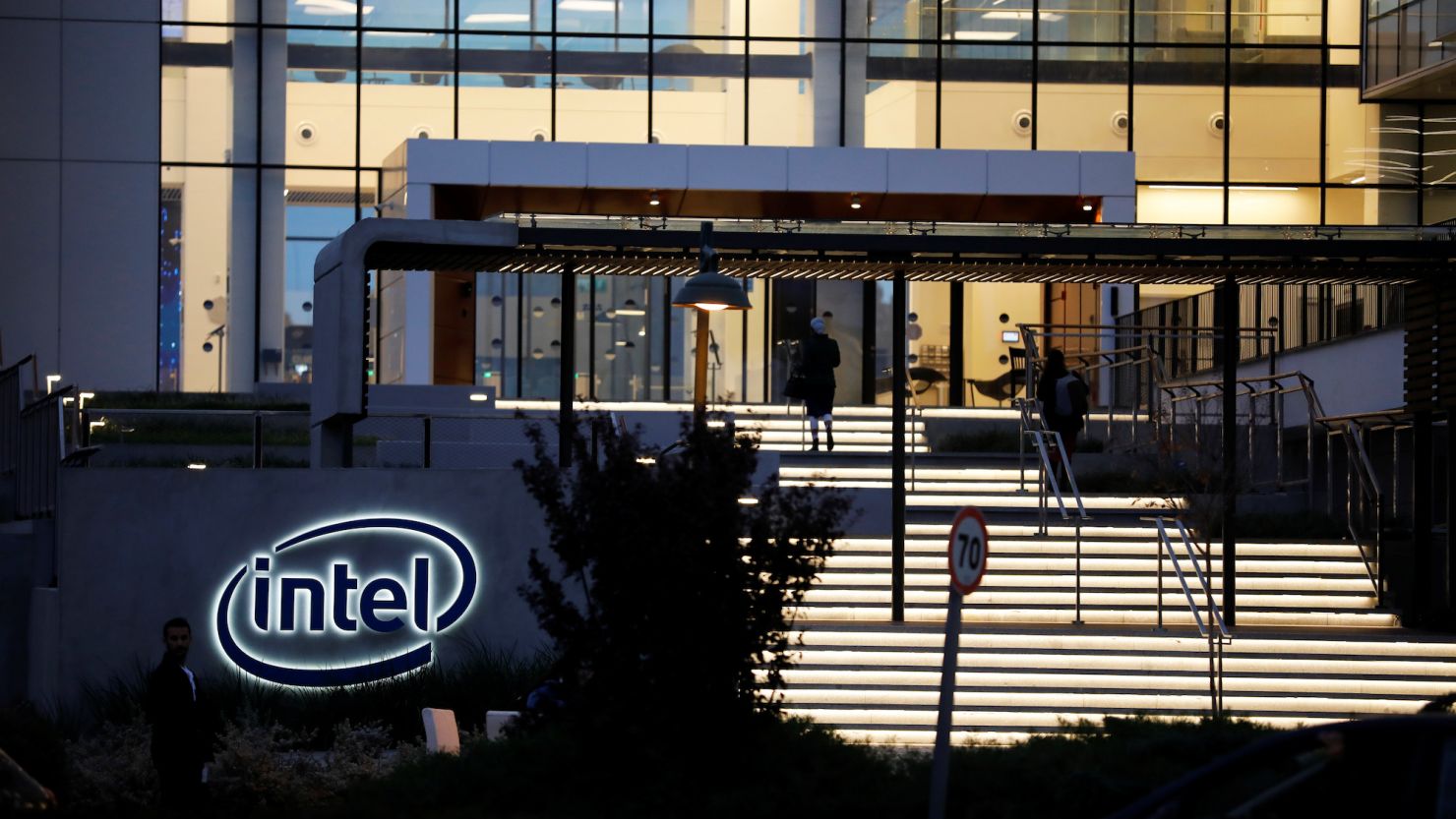Israel Lands Intel’s $25 Billion Mega-Deal for Chip Manufacturing
Introduction
Hello, I’m David Cohen, a senior technology journalist and a former Intel engineer. I have been covering the semiconductor industry for over a decade, and I have witnessed the remarkable growth and innovation of Intel in Israel. In this article, I will share with you the details and implications of Intel’s latest and largest-ever investment in Israel, which will boost its chip production capacity and strengthen its global leadership.
What is the deal?
On June 18, 2023, Intel Corp. announced that it will spend $25 billion on a new factory in Israel, the largest-ever international investment in the country. The factory, which will be located in Kiryat Gat, south of Tel Aviv, is due to open in 2027 and operate through 2035 at least, employing thousands of workers at higher-than-average wages.
The deal was hailed by Prime Minister Benjamin Netanyahu as a “tremendous achievement for the Israeli economy” and a sign of Intel’s confidence and commitment to Israel. Under the agreement, Intel will pay a 7.5% tax rate, up from the current 5%, and receive a government grant of 12.8% of the investment amount.
Why is Intel investing in Israel?
Intel has been operating in Israel since 1974, and it has grown to become the country’s largest privately held employer and exporter, as well as a leader of the local electronics and information industry. Intel’s Israel operations have played a crucial role in the company’s global success, contributing to the development of some of its most advanced products and technologies, such as the Pentium, Centrino, Core, and Mobileye chips.
Intel’s decision to invest in Israel is driven by its commitment to meeting future manufacturing needs and supporting its IDM 2.0 strategy, which aims to leverage its internal and external manufacturing capabilities to deliver the most advanced and differentiated products to its customers. Intel is facing increasing competition from rivals such as Samsung, TSMC, and Nvidia, who are also investing heavily in chip production and innovation. By expanding its manufacturing capacity in Israel, Intel hopes to gain an edge in the global semiconductor market, which is expected to grow from $469 billion in 2020 to $803 billion in 2028.

What are the benefits for Israel?
Intel’s investment in Israel is expected to have significant positive impacts on the country’s economy, society, and security. According to a study by the Israel Innovation Authority, Intel’s activities in Israel generated $50.9 billion in value added to the gross domestic product (GDP) between 2012 and 2019, accounting for 4.1% of the total GDP. Intel’s investment is projected to increase this contribution by another 0.7% annually.
Moreover, Intel’s investment will create thousands of direct and indirect jobs, as well as stimulate the growth of the local supply chain and the innovation ecosystem. Intel’s presence in Israel has also fostered the development of human capital, research and development, and entrepreneurship, as well as the attraction of foreign direct investment and talent. Intel’s investment will enhance these effects and reinforce Israel’s position as a global hub of technology and innovation.
Furthermore, Intel’s investment will strengthen Israel’s strategic and diplomatic relations with the United States, its most important ally and partner. Intel is one of the largest and most influential American companies, and its investment in Israel reflects its trust and support for the country’s stability and security. Intel’s investment will also boost Israel’s image and reputation in the international arena, as well as its competitiveness and attractiveness for other global players.
What are the challenges and risks?
Intel’s investment in Israel is not without challenges and risks, both for the company and the country. Intel will have to overcome the technical and logistical difficulties of building and operating a state-of-the-art chip factory in a relatively small and crowded country, as well as the regulatory and environmental hurdles that may arise from the government and the public. Intel will also have to cope with the geopolitical and security threats that Israel faces from its hostile neighbors and adversaries, such as Iran, Hezbollah, and Hamas, who may target its facilities and personnel.
On the other hand, Israel will have to ensure that Intel’s investment does not compromise its national interests and sovereignty, especially in the areas of defense and intelligence. Israel will have to balance its cooperation and dependence on Intel with its own autonomy and innovation, as well as its relations with other countries and regions, such as China and Europe, who may have different agendas and interests in the semiconductor industry. Israel will also have to deal with the social and economic implications of Intel’s investment, such as the potential widening of the gaps and inequalities between the center and the periphery, the high-tech and the low-tech sectors, and the Jewish and the Arab populations.
Conclusion
Intel’s investment in Israel is a historic and unprecedented deal that will have profound and lasting effects on both parties. Intel will boost its chip production capacity and strengthen its global leadership, while Israel will benefit from the economic, social, and strategic advantages of hosting one of the world’s most powerful and innovative companies. However, Intel and Israel will also face significant challenges and risks that will require careful management and mitigation. Ultimately, Intel’s investment in Israel is a testament to the strong and mutually beneficial partnership that has been forged between the two entities over the past five decades, and a sign of the potential and promise that lies ahead.
Table: Key Points of Intel’s Investment in Israel
| Aspect | Detail |
|---|---|
| Amount | $25 billion |
| Location | Kiryat Gat, south of Tel Aviv |
| Duration | 2027-2035 at least |
| Employment | Thousands of workers at higher-than-average wages |
| Tax rate | 7.5%, up from 5% |
| Government grant | 12.8% of the investment amount |
| Objective | To expand chip manufacturing capacity and support IDM 2.0 strategy |
| Impact | To increase Intel’s competitiveness and innovation, and to boost Israel’s economy, society, and security |









